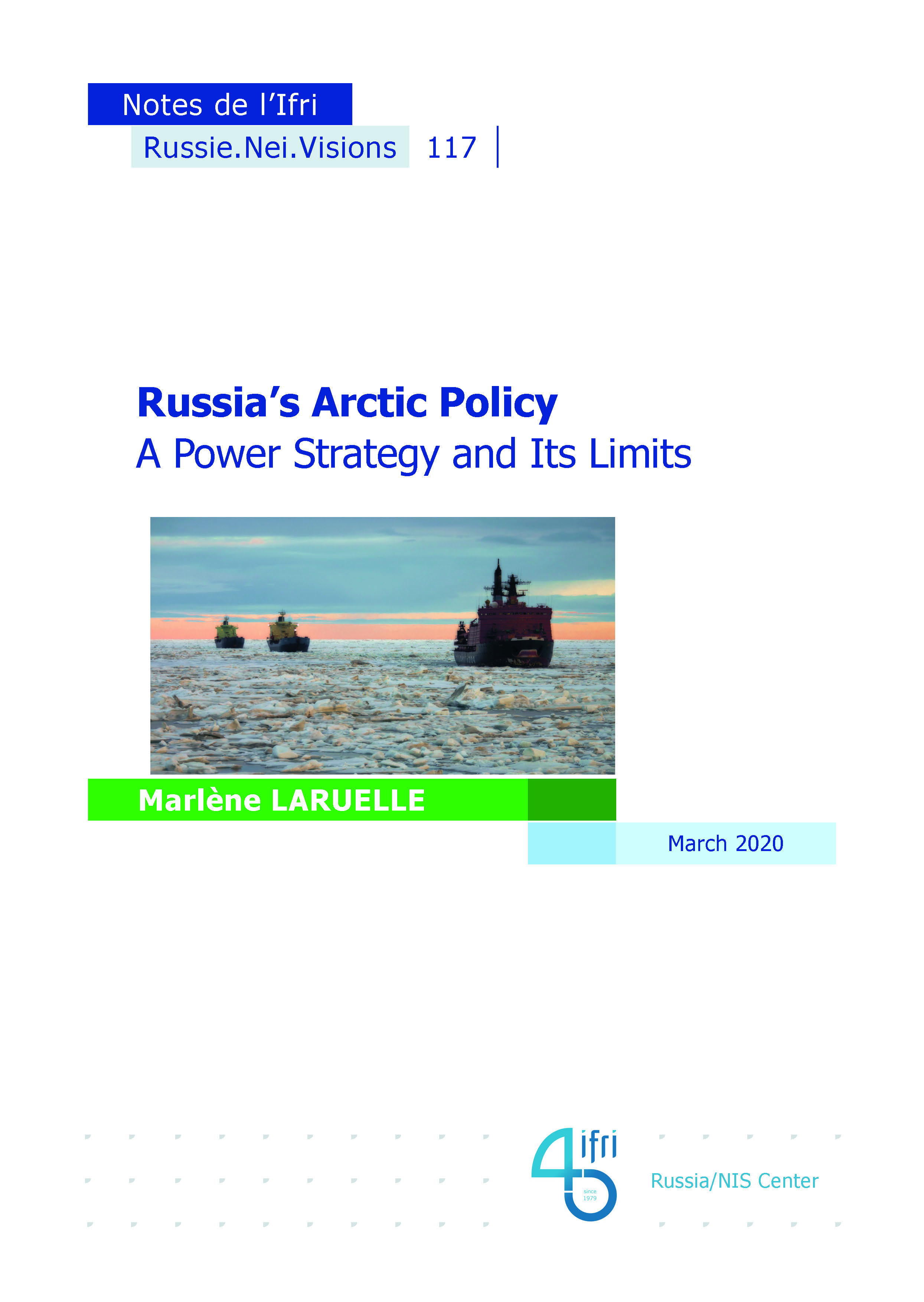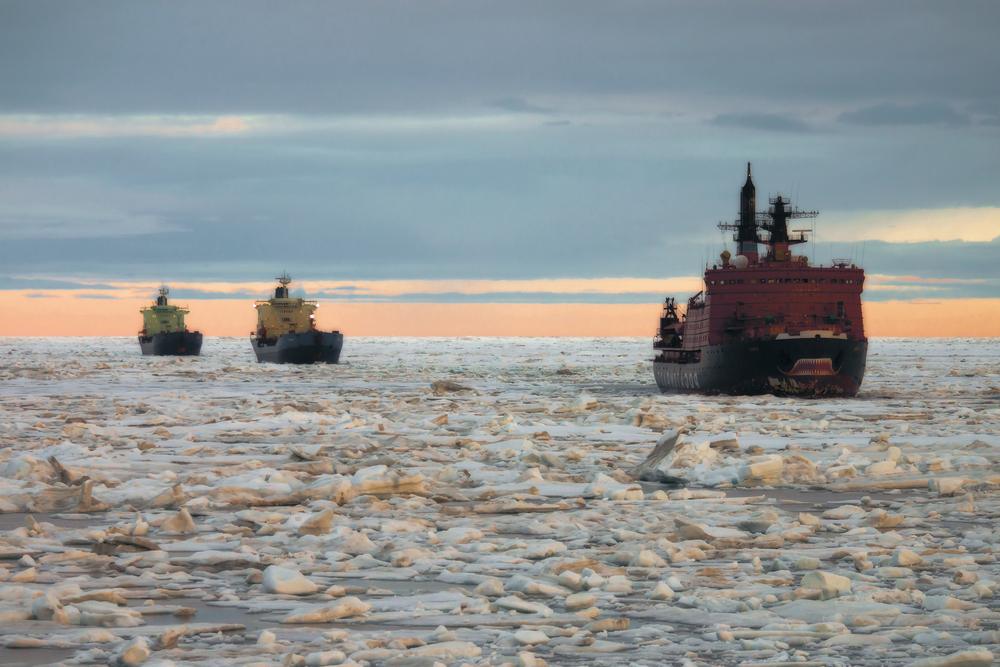Russia’s Arctic Policy: A Power Strategy and Its Limits

Despite the deterioration of its relations with the West and economic stagnation limiting its room for maneuver, Russia continues to have an ambitious policy for the Arctic region.

Moscow sees the Arctic as one of its main strategic bastions, a key region for asserting its status as a great power, and a major source of energy for decades to come. The Russian government has therefore implemented strategies to promote a coherent power and development policy, with some notable successes like the remilitarization of its Arctic borders and the energy development of the Yamal Peninsula. But it has also faced mixed results over the international status of the Northern Sea Route, and in managing population settlement as well as environmental challenges. While the Arctic offers Russia undisputed great power status, this status is not easy to sustain and costly for its federal budget.
Marlène Laruelle is a Professor at George Washington University (Washington D.C.), Director of the Institute for European, Russian and Eurasian Studies (IERES) and co-director of the PONARS-Eurasia program. Since January 2019, she has been an associate research fellow at IFRI’s Russia/NIS Center.
Download the full analysis
This page contains only a summary of our work. If you would like to have access to all the information from our research on the subject, you can download the full version in PDF format.
Russia’s Arctic Policy: A Power Strategy and Its Limits
Related centers and programs
Discover our other research centers and programsFind out more
Discover all our analysesRussia, the Palestinians and Gaza: Adjustments after October 7th
The Soviet Union (USSR), and subsequently the Russian Federation as its internationally recognized legal successor, has consistently sought to play a visible role in efforts to resolve the Israeli-Palestinian conflict.
Deathonomics: The Social, Political, and Economic Costs of War in Russia
The report attempts to outline and examine a truly new phenomenon in Russian society, dubbed “deathonomics”—the making of a mercenary army against the backdrop of the Kremlin’s war in Ukraine, eventually replacing both the Soviet (conscript) and early new Russian (contract) armies. It notes that, by the end of 2023, this trend had turned the military service into one of the highest-paying professions in the country, something not seen in Russia on such a scale since the late 17th century.
Russia's Asia Strategy: Bolstering the Eagle's Eastern Wing
Among Russia’s strategic priorities, Asia traditionally played a secondary role compared to the West. In the mid-1990s, then Foreign Minister Yevgeny Primakov initiated a rapprochement with China and India. Then, in 2014, deteriorating relations between Russia and the West prompted Moscow to begin its “great pivot to the East”.
Kazakhstan After the Double Shock of 2022: Political, Economic and Military Consequences
The year 2022 represented a dual shock for Kazakhstan. In January, the country faced its most severe political crisis since independence, followed in February by Russia’s full-scale invasion of Ukraine, which cast uncertainty over the borders of post-Soviet states. These consecutive crises profoundly shaped Kazakhstan’s domestic and foreign policy.













